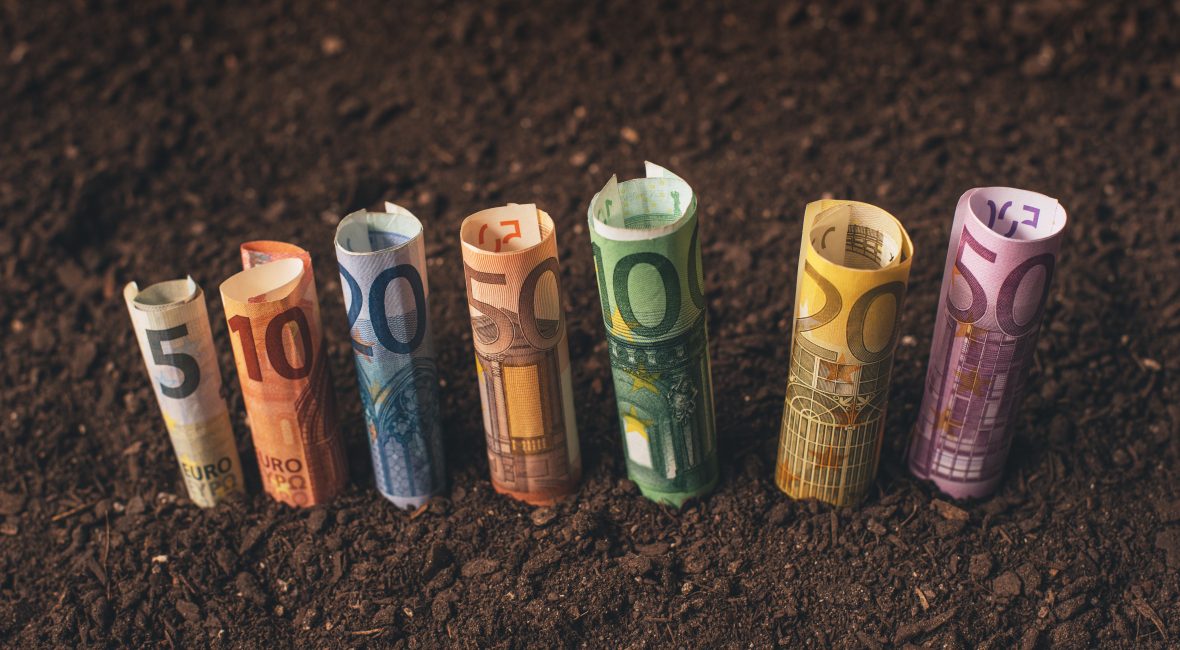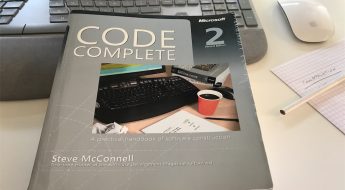Doing Good Better: How Effective Altruism Can Help You Make a Difference

My favorite quotes from the book Doing Good Better by William MacAskill:
The money is less valuable to you, the more you have of it.
The challenge for us is this: How can we ensure that, when we try to help others, we do so as effectively as possible?
If you make more then 52k$/year you’re in the top 1% of the world’s population in terms of income. If you make more than 28k$/year you’re in the 5% richest people in the world. 11k$/year you’re richer than 85% of the people. Let that sink in.
When thinking about risk from transport, you can think directly in terms of minutes of life lost per hour of travel. Each time you travel, you face a slight risk of getting into a fatal accident, but the chance of getting into a fatal accident varies dramatically depending on the mode of transport. For example, the risk of a fatal car crash while driving for an hour is about one in ten million (so 0.1 micromorts). For a twenty-year-old, that’s a one-in-ten-million chance of losing sixty years. The expected life lost from driving for one hour is therefore three minutes. Looking at expected minutes lost shows just how great a discrepancy there is between risks from different sorts of transport. Whereas an hour on a train costs you only twenty expected seconds of life, an hour on a motorbike costs you an expected three hours and forty-five minutes. In addition to giving us a way to compare the risks of different activities, the concept of expected value helps us choose which risks are worth taking. Would you be willing to spend an hour on a motorbike if it was perfectly safe but caused you to be unconscious later for three hours and forty-five minutes? If your answer is no, but you’re otherwise happy to ride motorbikes in your day-to-day life, you’re probably not fully appreciating the risk of death. Boy, do I love that my parents didn’t give in to my ‘motorbike desire’ way back as a teenager ❤️
We’re about one hundred times richer than the poorest billion people in the world, and we can do several hundred times more to help them than we can to help others in the rich countries we live in.




Leave a Comment